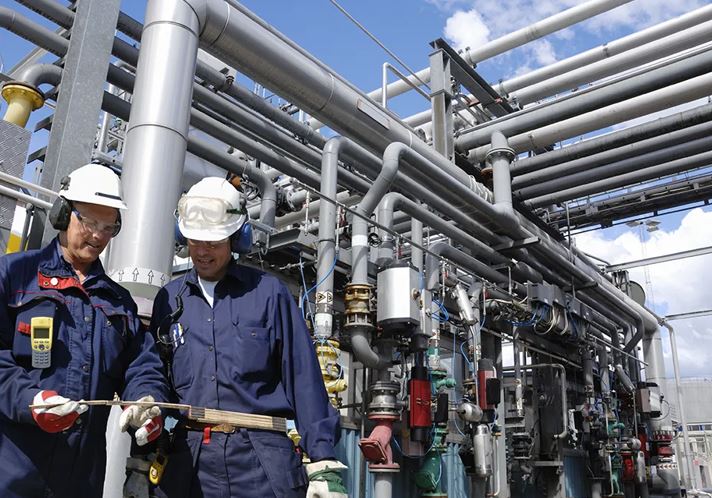When it comes to infrastructure, construction, and manufacturing, industrial pipes are at the core of nearly every system. From transporting water, oil, gas, and chemicals, to supporting structures and mechanical systems, pipes play a vital role in modern industry.

Industrial pipes are heavy-duty piping systems designed to handle high pressure, extreme temperatures, and corrosive environments. Unlike standard plumbing pipes, they are built for durability, efficiency, and performance in demanding industrial applications.
Here are some of the most common types used across different industries:
• Carbon Steel Pipes – Known for their strength and affordability, these are ideal for high-pressure applications.
• Stainless Steel Pipes – Highly resistant to corrosion, perfect for the chemical and food processing industries.
• PVC and CPVC Pipes – Lightweight and corrosion-resistant, commonly used in water treatment and chemical handling.
• HDPE Pipes – Flexible, durable, and resistant to chemicals; often used in gas distribution and mining.
• Alloy Pipes – Made with a blend of metals to provide enhanced strength and heat resistance.Key ApplicationsIndustrial pipes are used in a wide variety of sectors, such as:
• Oil & Gas Pipelines
• Water Treatment Plants
• Power Plants
• Pharmaceutical and Food Industries
• Construction and Infrastructure
Selecting the right type of pipe for your industrial project is critical to ensure:
• Safety: Prevent leaks and accidents.
• Efficiency: Improve system performance and reduce energy costs.
• Longevity: Avoid frequent replacements and reduce maintenance costs.
Industrial pipes might seem like simple components, but they are essential to the success and safety of countless systems around the world. Understanding their types, materials, and uses helps ensure that your next project is built to last.








